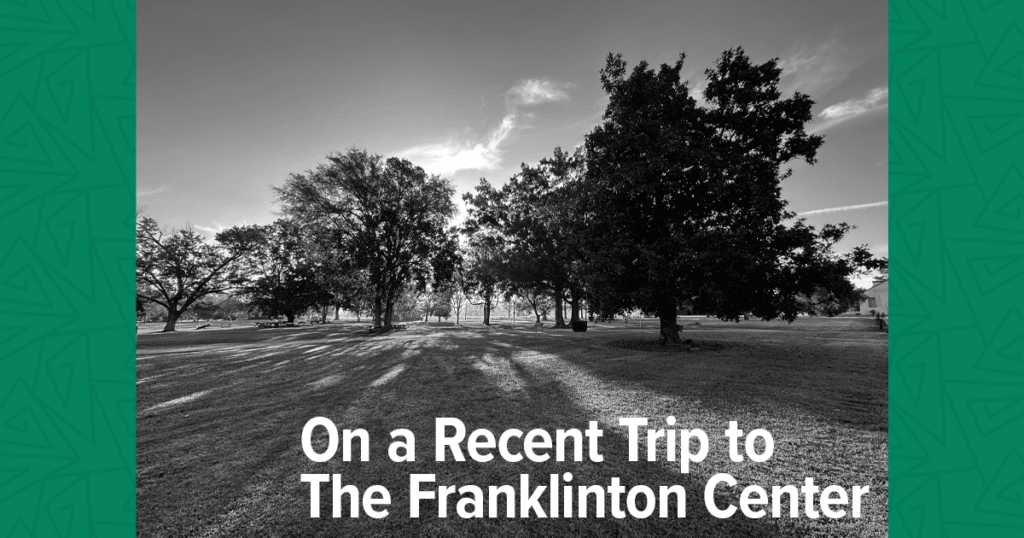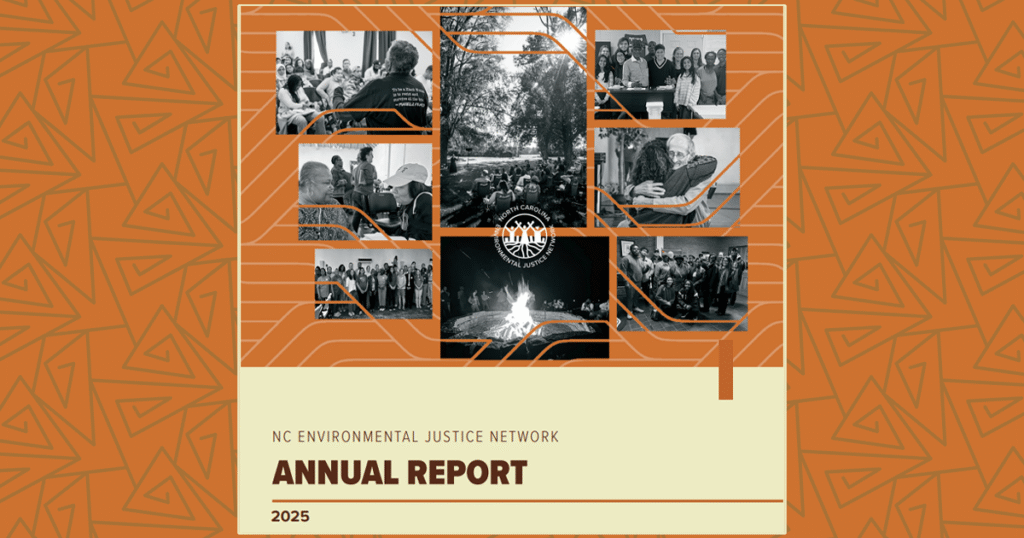Nicholas Johnson, Former Charlotte Douglas International Airport, Prospect Airport Services Employee. Nick was born and raised in Charlotte, NC.
In the summer of 2024, I worked at Charlotte Douglas International Airport for Prospect Airport Services, a private company contracted by American Airlines. Prospect provides ground handling services, including passenger wheelchair assistance (PSA), unaccompanied minor assistance (UM Runner), and sometimes, even though it is not in the job description, baggage drop handling.
This was my second job that summer, and to be honest, it wasn’t worth the pay. On paper, it seemed like an average airport job, but in reality, it was full of frustrations, challenges, and moments that made working there incredibly difficult and unpleasant. My experience at Prospect wasn’t just another summer job; it was a firsthand look at the struggles people endure when they have no choice but to work under poor conditions just to make ends meet. Here are my experiences working as a PSA and my stories highlighting the harsh and unfair working environment.

Jet Bridges
While working at Prospect, I encountered several serious health concerns, some of which affected me personally. One of the biggest issues was the condition of the jet bridges. Some, especially in concourses B, C, D, and E, were outdated and had little to no air conditioning.
As a PSA, you’re required to wait on the jet bridge for 20–30 minutes before the plane arrives to pick up your assigned passenger with a wheelchair.
During the peak of summer, these jet bridges became unbearably hot, especially the ones without air conditioning. I saw coworkers faint, become dehydrated quickly, struggle to breathe, and even heard about a passenger passing out. Personally, I experienced fatigue and lightheadedness more times than I can count.
To make matters worse, break policies were strict. Some supervisors wouldn’t allow us to get water until we finished our task, and stepping away without permission could result in a write-up. It was a tough and dangerous environment, yet we were expected to push through it without proper support.
Foul Odors
In some areas of the airport, especially near construction zones or close to aircraft, foul odors made working conditions even worse. The smells came from jet fuel, aging equipment, and construction machinery, creating an overwhelming and unpleasant atmosphere.
The fumes were so bad that I saw Prospect workers vomit, feel nauseated, and even get sick from prolonged exposure. I experienced nausea from these odors as well. Fortunately, since I worked in the international concourses, I didn’t have to deal with them as much.
Over in the domestic concourses, the stench was far more intense, making the job even more unbearable for those stationed there. Despite these concerns, nothing was done to address or improve this issue while I was there.

Unfair Breaks During Shifts
Unfair break policies were a huge issue at Prospect and one of the main reasons I decided to leave. Working an eight-hour shift and only getting a 30-minute lunch break simply wasn’t enough, especially in an airport where finding food takes time. We should have been given at least an hour to rest, eat properly, and rehydrate after hours of strenuous physical activity in pushing wheelchairs.
On top of that, Prospect had a strict rule: if you weren’t actively pushing a wheelchair, you weren’t allowed to sit, under any circumstances. This led to workers sneaking moments to rest, only to get written up for it. I came home with pain, soreness, and even blisters on my feet from constantly being on them with no real break. At times, I had to find hidden spots just to sit down without getting caught.
With the level of physical activity required for this job, workers should be given proper breaks to recover before assisting the next passenger. But at Prospect, that just wasn’t the case.
——————————————————————————————————————
Working at Prospect Airport Services was an eye-opening experience. From extreme heat on the jet bridges to unbearable fumes, unfair break policies, and exhausting physical demands, the job came with far more challenges than it should have.
I saw coworkers struggle, get sick, and push themselves past their limits just to avoid being written up. I experienced it myself: fatigue, nausea, soreness, and the frustration of working for a company that seemed to prioritize cutting costs over the well-being of its employees.
At the end of the day, no job should put workers’ health and safety at risk like this. I hope sharing my experience sheds light on the struggles many workers face and sparks change for those who don’t have the option to just walk away.
-Nick Johnson, undergraduate student at the UNC-G Department of Earth, Environmental and Geographical Sciences






















